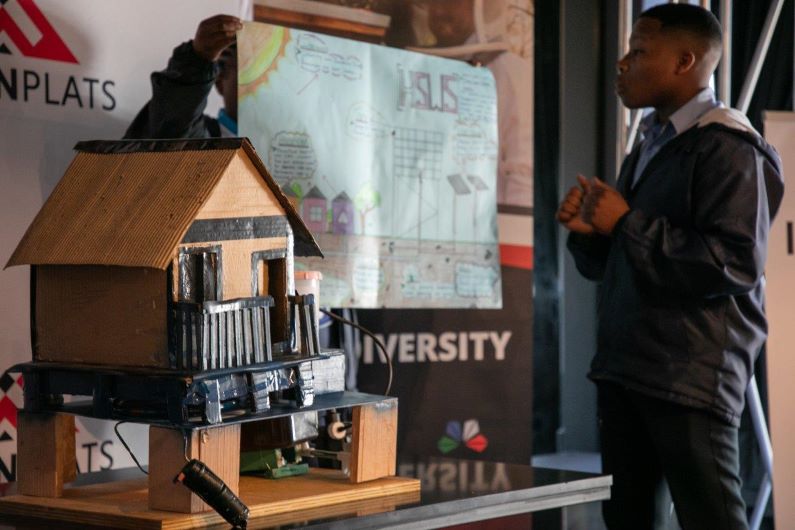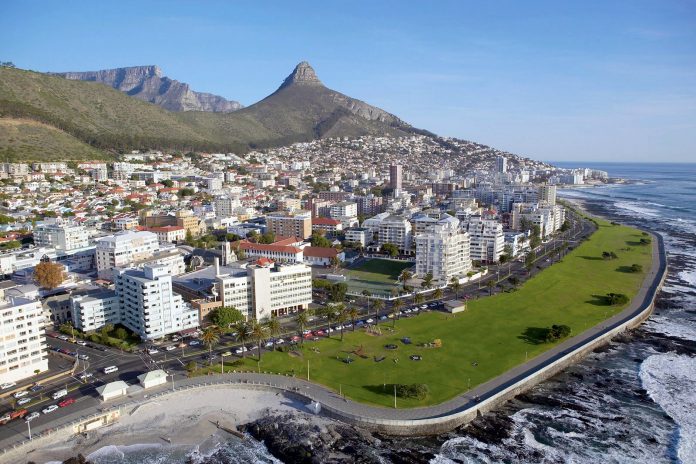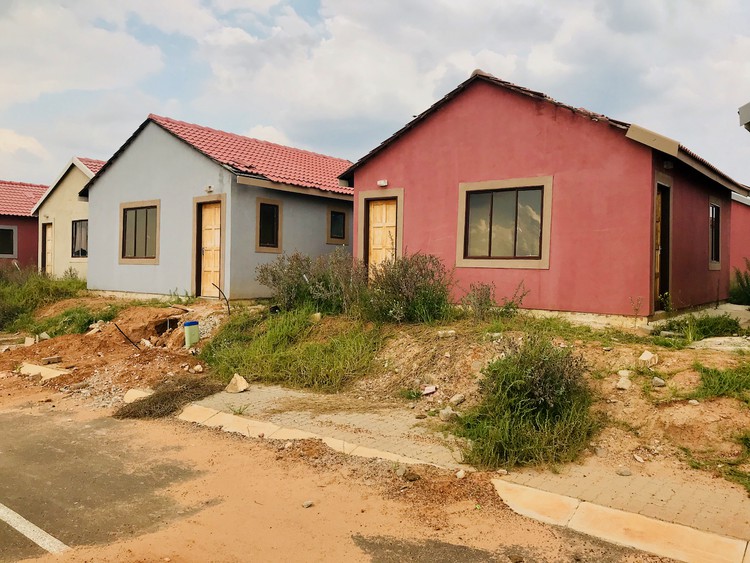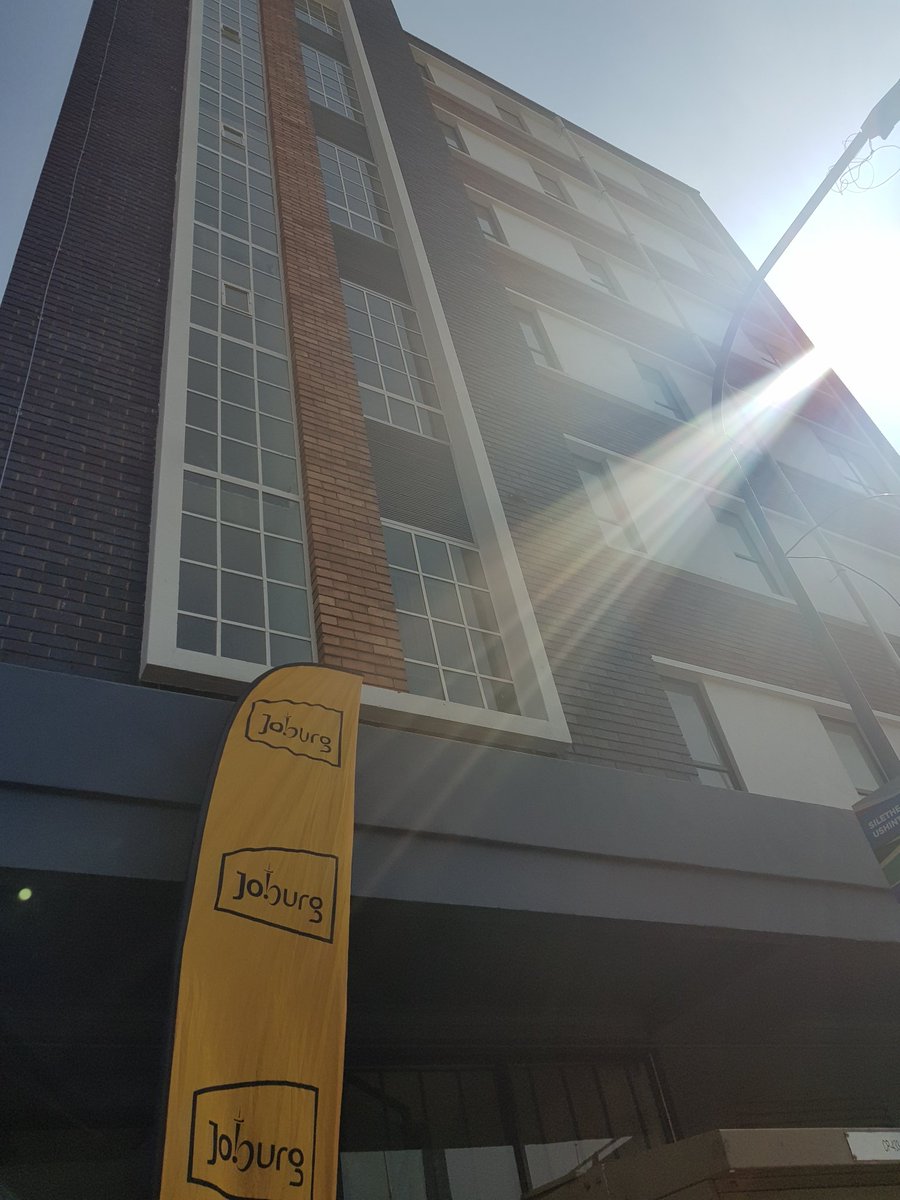
Johannesburg Mayor Herman Mashaba on Monday said the mayoral committee has approved another 100 buildings to be released for private sector development, as part of the metro’s inner city development programme.
Following this, national government will give its stamp of approval and the properties will be announced and released during 2019. Mashaba announced in 2016 that he wanted to turn Johannesburg into a construction site, and has since released 84 buildings for tender, in two phases, for the development of affordable accommodation, student accommodation and space for small businesses.
The City of Joburg has targeted 500 buildings it wants to release for development over the next few years. Meanwhile, speaking at a stakeholder briefing to provide an update on what the metro achieved during this year and what it anticipates for 2019, the mayor highlighted the main issues affecting growth in Johannesburg.
Mashaba said that since 1994, “ridiculous and draconian” labour laws were instituted. “Two wrongs cannot make a right. The laws in this country are destroying businesses and particularly small, black businesses.”
He added that these wrongs cannot be made right overnight, especially since corruption has made things worse. Mashaba said entrepreneurship has been killed because government officials could be easily bribed to sway contracts. “Government has allowed foreign labour and business to enter lawlessly, making our country borderless and basically up for sale.”
The mayor further pointed out that there is a R170-billion infrastructure backlog in Johannesburg, across water, sanitation and civil infrastructure. Of the city’s 902 bridges, only 6% are in a reliable condition, owing to lack of maintenance and upgrades.
He said 27% of substations across the city are past their planned lifespans already, and that 47% of the substations sit at 75% of their planned lifespans. Mashaba has, meanwhile, started serving notices to contractors and employees who have delivered questionable performances, who allegedly received “free-for-all” contracts and allegedly got connected to services from government for free.
More news
- CELEBRATING EXCELLENCE IN THE RESIDENTIAL PROPERTY SECTOR
- PART 4: GIBS PANEL DISCUSSES INTEMEDIATE CITIES ROLE IN AFRICA’S DEVELOPMENT
- EXPOSED AGGREGATE PAVERS COMPLEMENT NEW LIFESTYLE CENTRE
- GIBS PANEL EXPLORES ROLE OF INTERMEDIATE CITIES IN SA’S DEVELOPMENT PART 3
- CITI-CON’S CONCRETE KNOWLEDGE SUCCESSFULLY DEPLOYED ON NEW LANDMARK DEVELOPMENT





